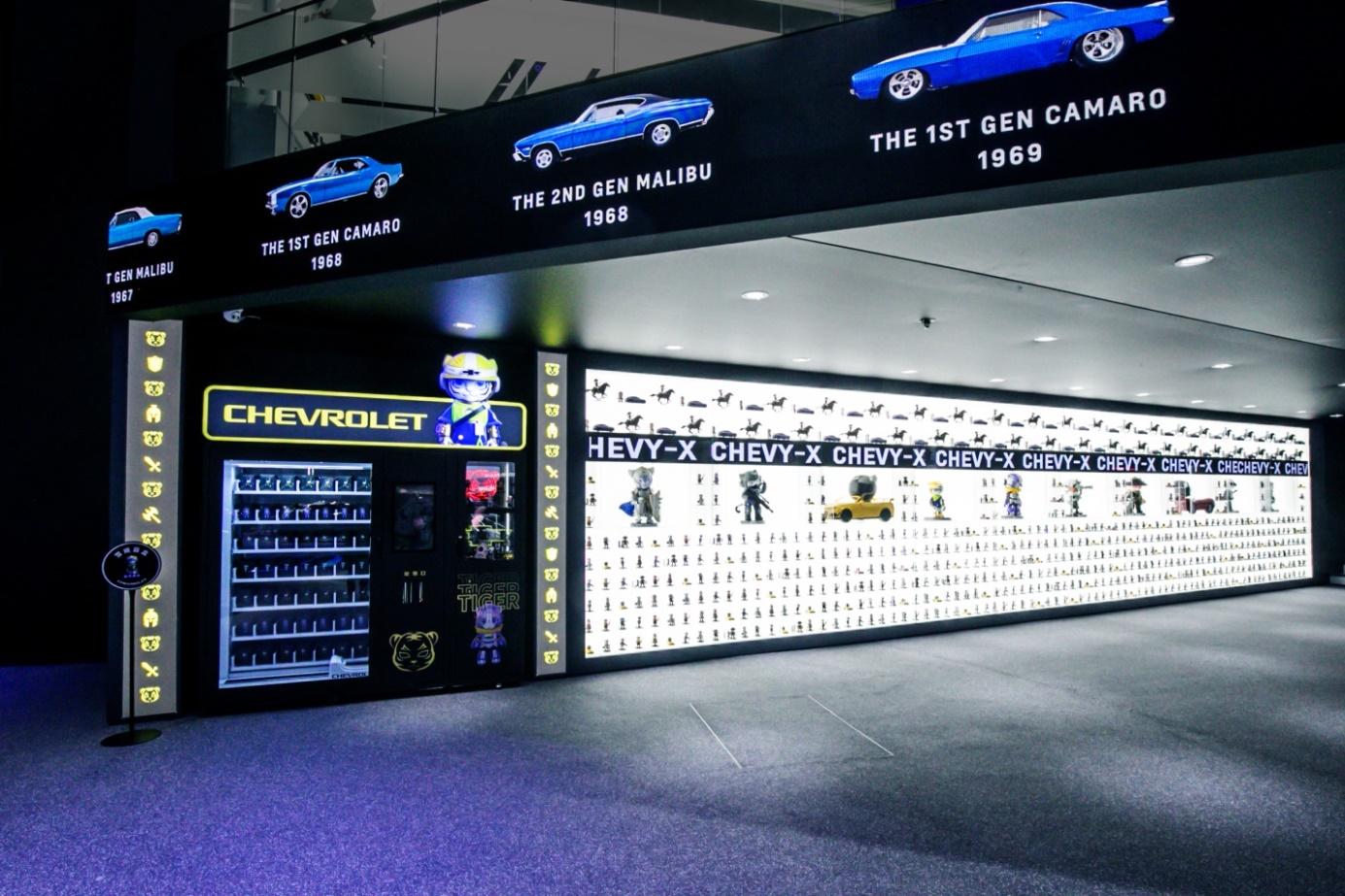The Evolution of Automotive Brands: A Journey Through Time
The automotive industry has witnessed a remarkable evolution over the years, with numerous brands emerging and rising to prominence. From luxury brands like Mercedes-Benz and BMW to mass-market players like Ford and General Motors, the industry has been shaped by various factors such as technological advancements, economic conditions, and changing consumer preferences.In the early days of the automotive industry, companies focused primarily on manufacturing cars that could travel long distances on low-grade fuels. However, with the advent of new technologies like fuel injection and automatic transmission, cars became more efficient and comfortable to drive. In response to this shift in consumer demand, car manufacturers began to focus on offering high-quality vehicles that catered to the needs of a growing middle class.As the 20th century progressed, the automotive industry underwent significant changes due to globalization and increased competition. Companies began to adopt new business models like joint ventures and strategic partnerships to gain a competitive edge. Additionally, the rise of electric and hybrid cars represented a significant shift in the industry's focus towards sustainability and environmental responsibility.In recent years, the emergence of new market players like Tesla has challenged traditional auto makers to rethink their strategies and adapt to changing consumer demands. As the industry continues to evolve, it will be fascinating to see how these brands navigate through challenges and opportunities to shape the future of the automotive landscape.
As the world's leading producers of automobiles, automotive brands have played an integral role in shaping the landscape of modern transportation. From their humble beginnings to their current dominant positions, these brands have been at the forefront of innovation and design. This article will take a journey through time, exploring the evolution of automotive brands and their impact on the world.
The origins of automotive brands can be traced back to the late 19th century when the first gasoline-powered engines were developed. These early vehicles were primarily used for leisure purposes by the wealthy, and were often referred to as "horseless carriages" due to their lack of horses. Over time, as technology improved and production costs decreased, these vehicles became more accessible to the general public, leading to the rise of the automobile industry.
One of the earliest major players in the automotive industry was German automaker Daimler-Benz, which was founded in 1926. Daimler-Benz revolutionized the industry with its innovative designs and cutting-edge technology, including the first commercial use of the internal combustion engine. In the decades that followed, Daimler-Benz would go on to create some of the most recognizable automotive names in history, such as Mercedes-Benz and Smart.
Another key player in the early days of the automotive industry was French manufacturer Peugeot. Founded in 1889, Peugeot is credited with developing one of the first successful gasoline engines, which it used in a number of its early models. Over time, Peugeot would go on to establish itself as a major force in both Europe and North America, producing a wide range of cars and trucks under various brand names, including Citroën and Opel.

As the automotive industry continued to grow and evolve, so too did the number of brands available to consumers. In the United States, for example, iconic brands such as Ford, General Motors (GM), Chrysler, and Toyota all emerged during this period. These brands would go on to play a major role in shaping the American auto industry, and would eventually become some of the largest and most recognized brands in the world.
In addition to these well-known brands, a number of smaller companies also emerged during this time, each with its own unique approach to design and innovation. One such company was Italian automaker Lamborghini, which was founded in 1963. Lamborghini is best known for its high-performance sports cars, which have become iconic symbols of luxury and style around the world.

Over the years, automotive brands have continued to push the boundaries of what is possible in terms of design, performance, and safety. Today's top luxury car brands like BMW, Mercedes-Benz, and Audi offer features and technologies that were once unimaginable, from advanced driver assistance systems to electric and hybrid powertrains. At the same time, traditional automakers like General Motors and Toyota continue to innovate and adapt to changing market demands, offering a wide range of affordable options for consumers around the world.
Despite these changes, one thing remains constant: the importance of automotive brands in our lives. Whether we are driving to work or embarking on a road trip adventure, our choice of vehicle speaks to who we are and what we value. And as new technologies emerge and consumer tastes shift, it will be interesting to see how these brands continue to evolve and adapt over coming years.

In conclusion, the journey through time of automotive brands has been one of innovation, design, and influence. From their humble beginnings in the late 19th century to their current dominant positions in the global marketplace, these brands have shaped the world we live in today. As we look ahead to the future of automotive travel and mobility, it will be fascinating to see where these brands take us next.
与本文知识相关的文章:



